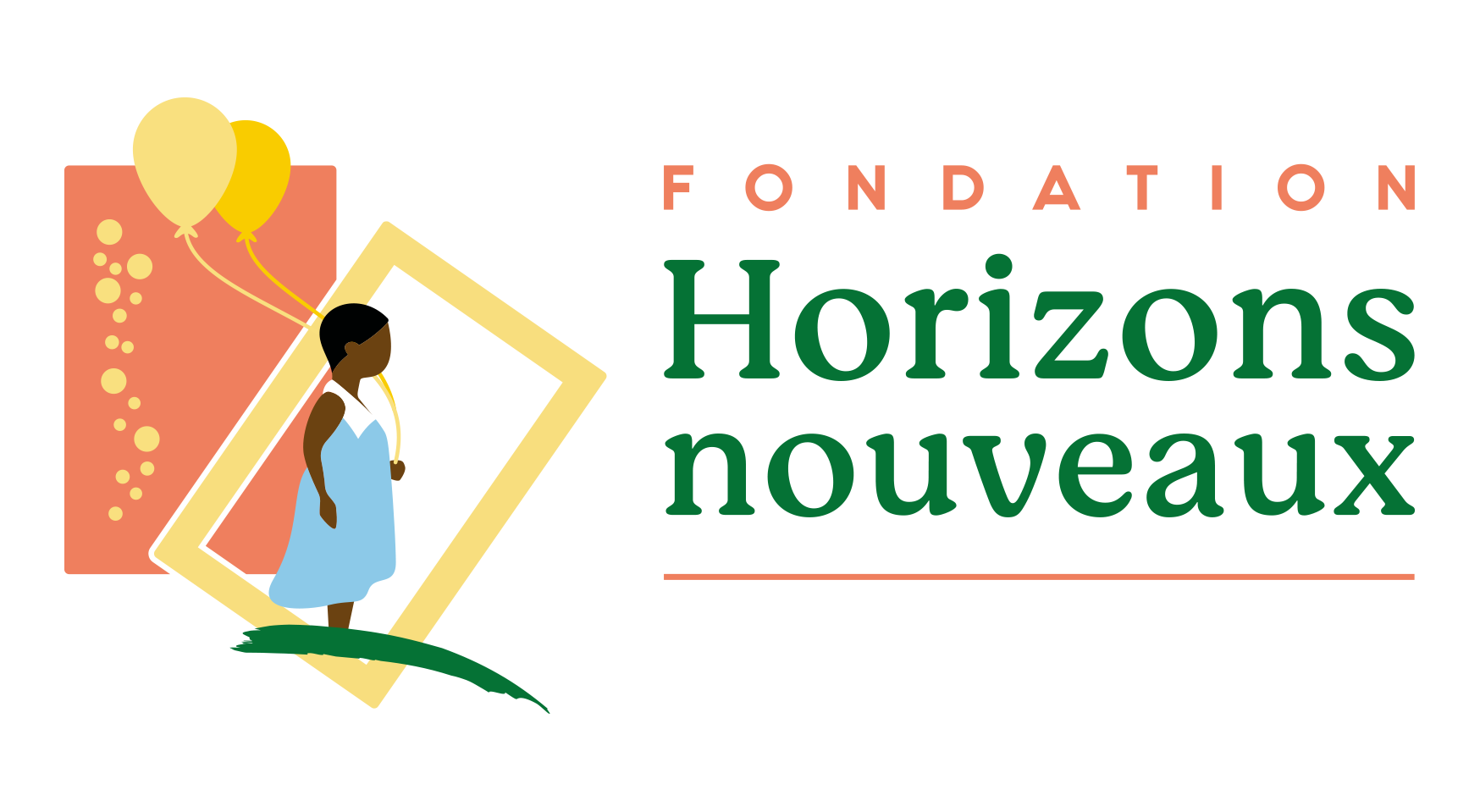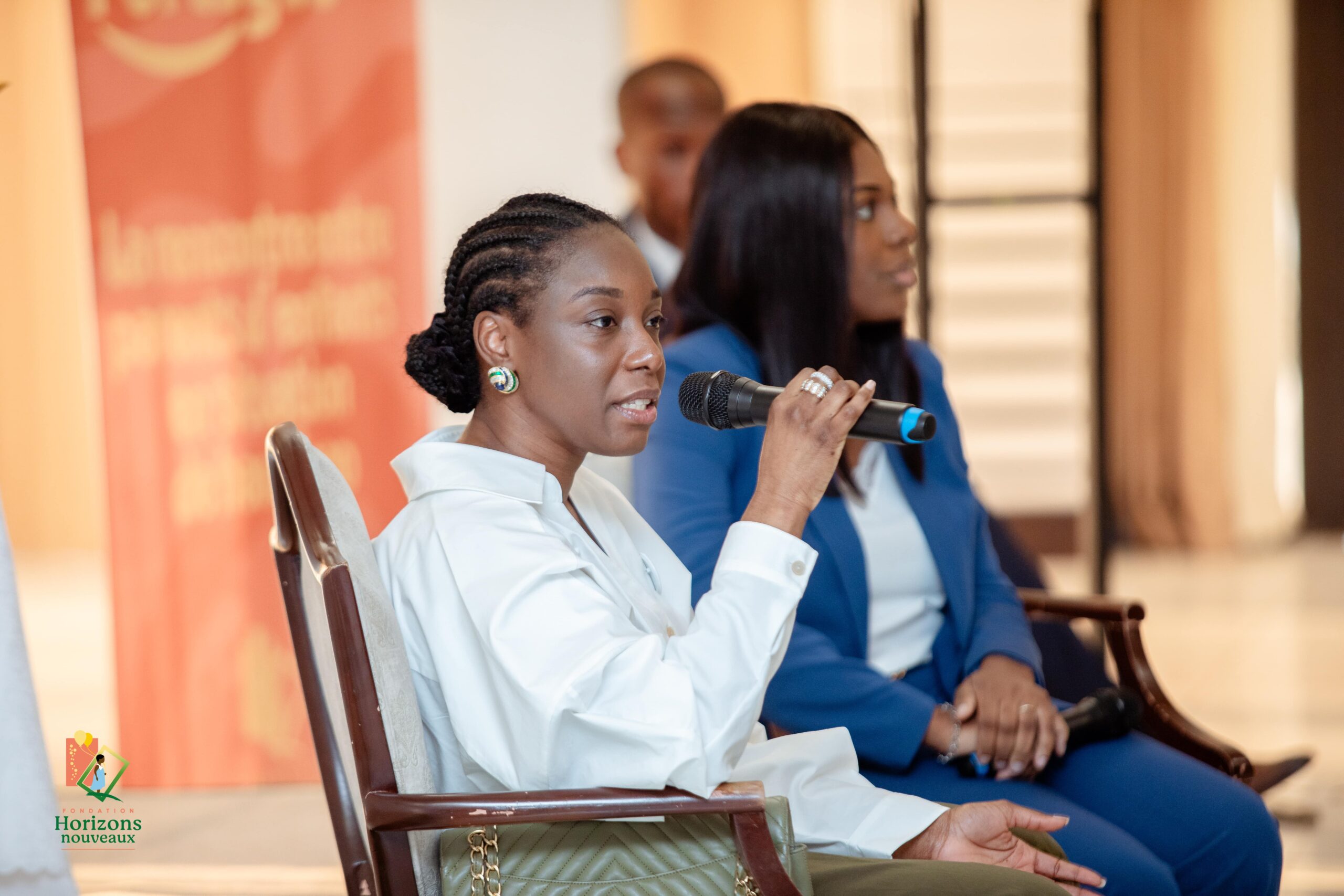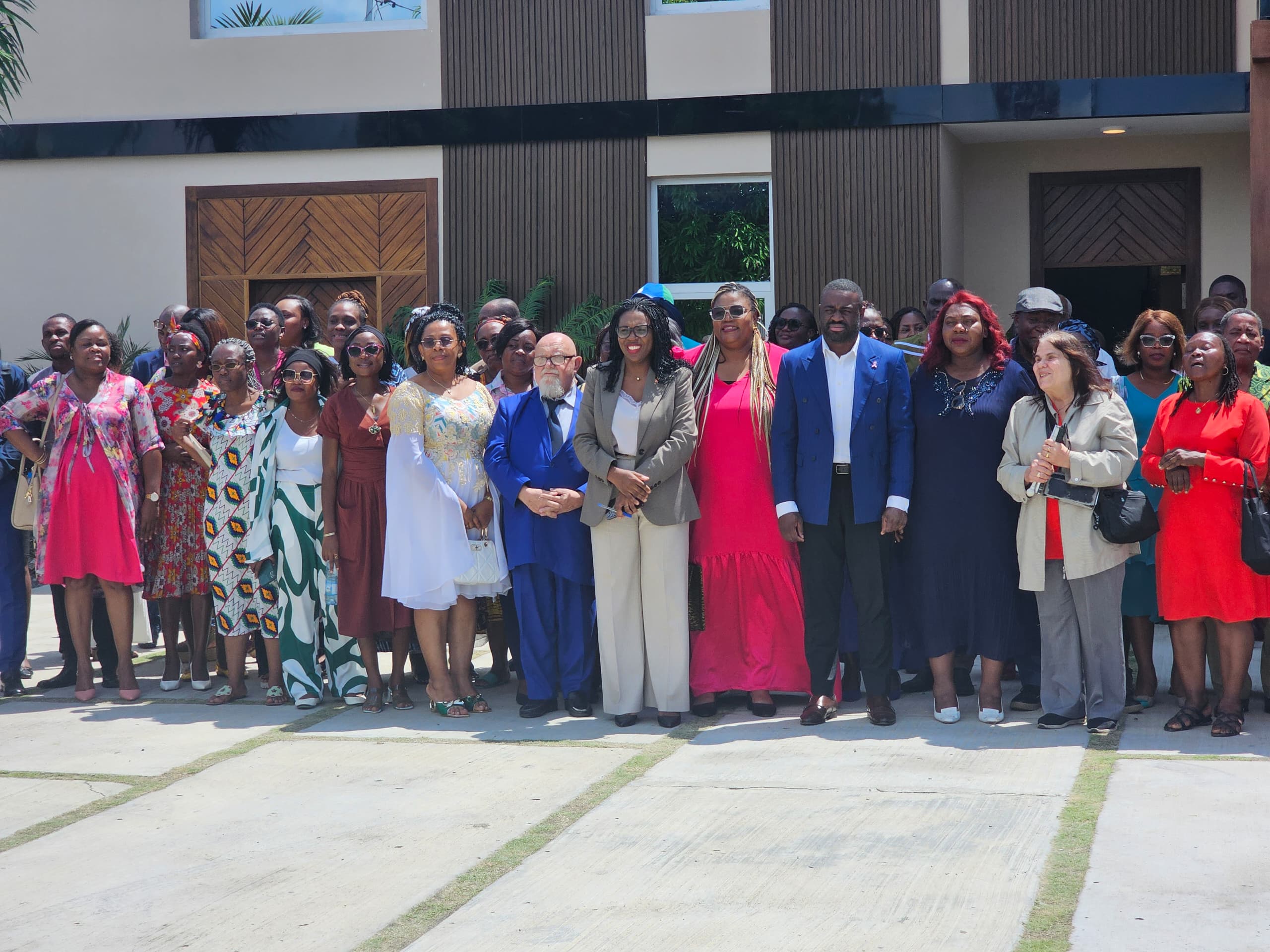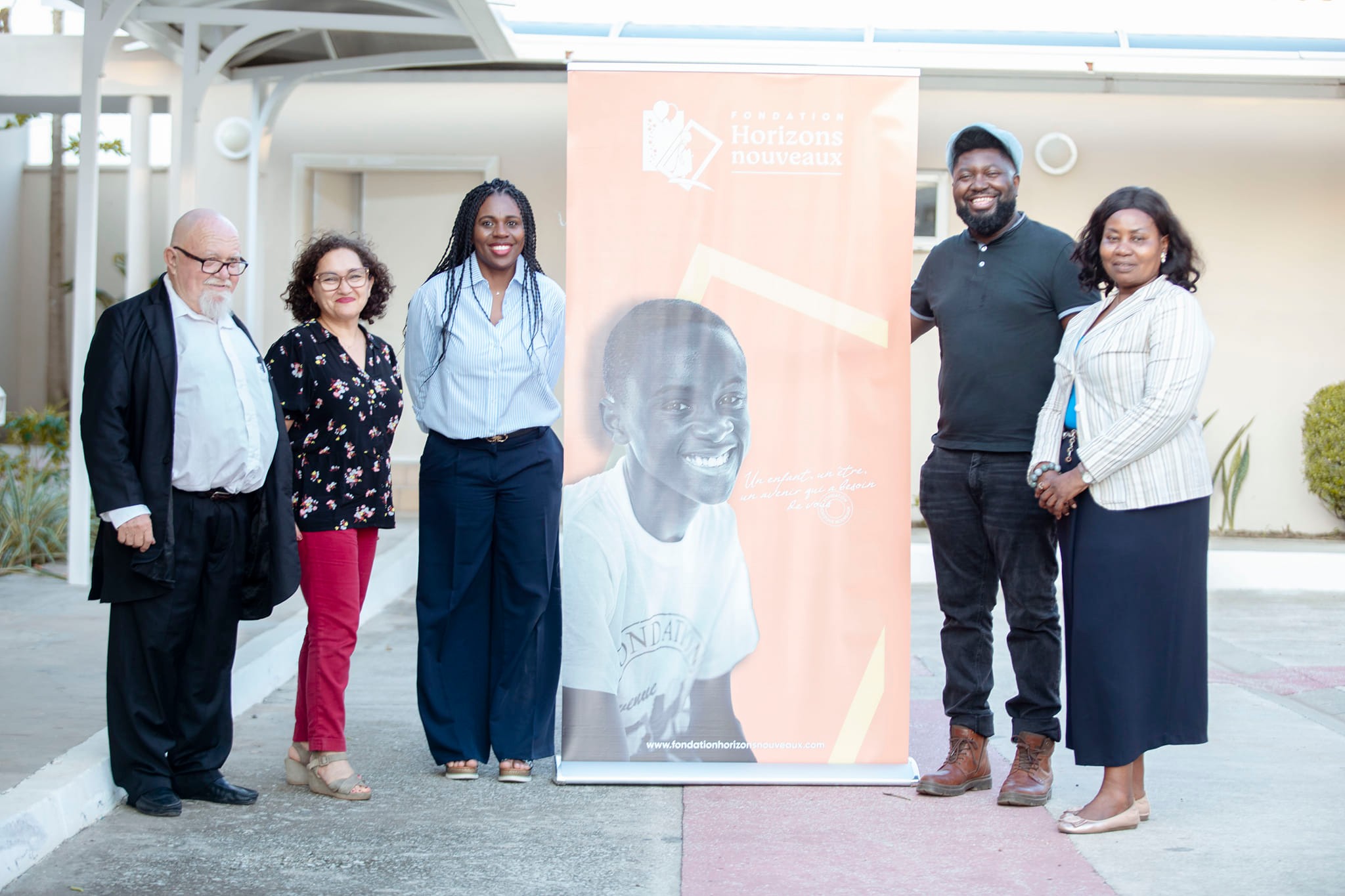White Cane Day, celebrated every year on October 15, is of great importance in Gabon, as in many other countries, as it raises awareness of the challenges of visual impairment and promotes the rights and inclusion of blind and partially-sighted people. Here are several reasons why this day is particularly significant in the Gabonese context:
1- Raising awareness of visual impairment
White Cane Day is a way of drawing society’s attention to the day-to-day difficulties faced by blind and partially-sighted people. The white cane is a world-renowned symbol of independence for visually impaired people, and this day is an opportunity to raise awareness of their specific needs in terms of accessibility, mobility and rights.
In Gabon, this day plays a key role in combating the ignorance and stereotypes that often surround visual impairment. It helps to highlight the barriers faced by visually impaired people, while encouraging greater social acceptance.
2- Promoting the social inclusion of blind and partially-sighted people
The celebration of this day is also a reminder of the importance of social inclusion for visually impaired people in all areas of life: education, employment, leisure, transport, etc. In a country like Gabon, where accessible infrastructure and specialized services for visually impaired people are still insufficient, this day is a call to action to improve the living conditions of the people concerned and offer them more opportunities.
The white cane is an essential tool to help blind or partially-sighted people get around independently. By celebrating this day, Gabon can raise awareness of the importance of these tools and campaign for better urban and social accessibility for all.
3- Promoting access to education and employment
One of the priorities of the White Cane Day initiatives is to promote access to education and vocational training for visually impaired people. Education and professional qualifications are essential levers for the inclusion of blind and partially-sighted people in society, enabling them to play an active part in the country’s economic and social life.
In Gabon, White Cane Day can be an opportunity not only to highlight the challenges of accessing specialized education, but also to highlight existing initiatives and partnerships that promote the inclusion of visually impaired and blind young people in the education system, as well as access to vocational training and adapted jobs.
The New Horizons Foundation, through its WISI establishment, would like to support and empower a number of visually impaired children to integrate into society.





